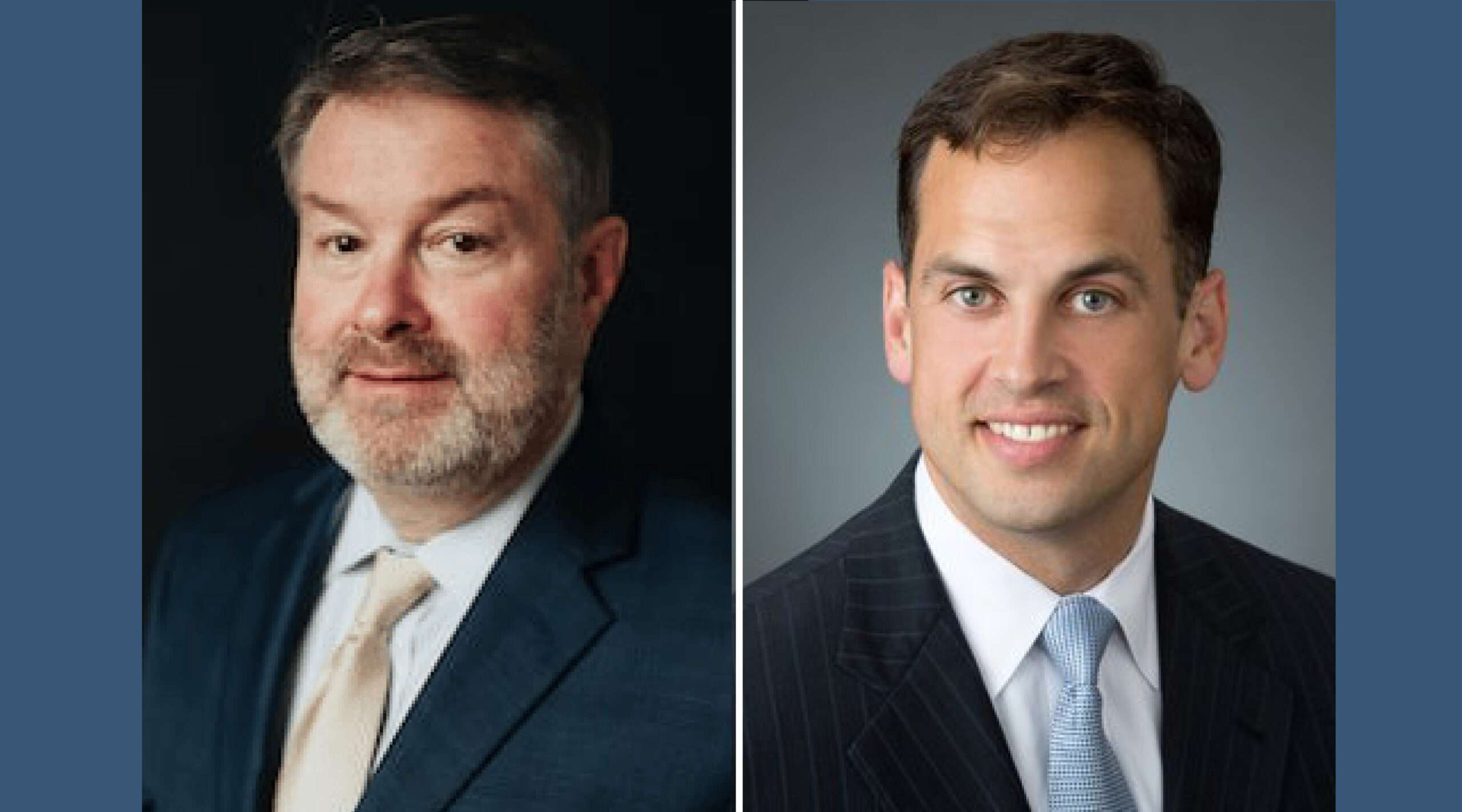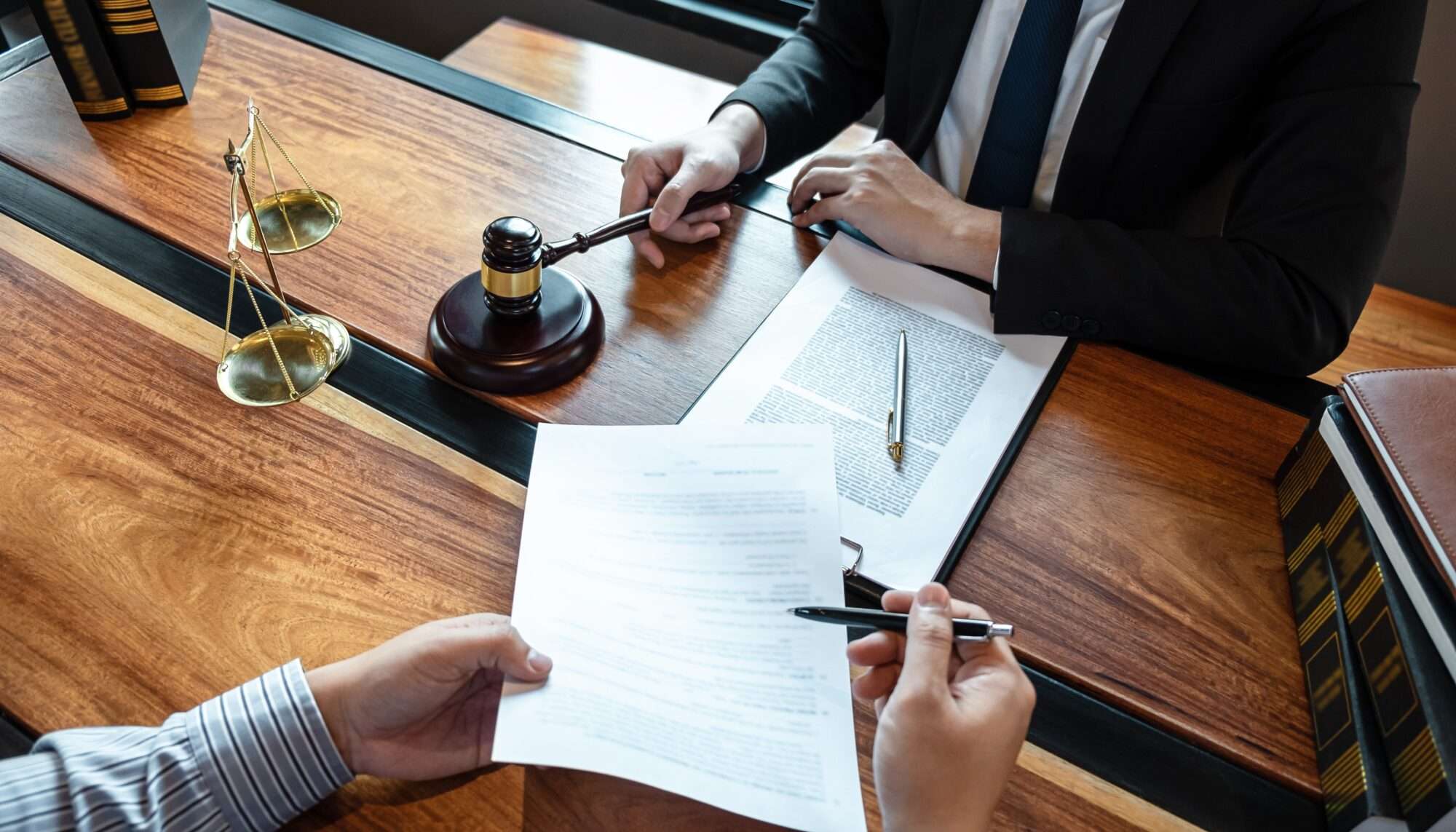Through no fault of your own, you were in a car collision, and since you did nothing wrong, now you are counting on the other driver to take responsibility for the collision. Unfortunately, expectations do not always match reality. When you’re dealing with injuries or financial worries due to a wreck caused by the negligence of another, the prospect of fighting for fair treatment from the other driver and their insurer can be intimidating and overwhelming.
Most collisions have a clear, specific cause which can be attributed to one driver; thus, making them at- fault for the collision. Unfortunately, even if you are certain that the collision was solely caused by the other driver, it is not at all unusual for that driver to deny liability.
So. . . what should you expect if the at-fault driver denies liability?
First Steps
Frankly, an attorney should be your first call when you discover that the other driver has denied liability for the collision. A consultation is free and comes with zero obligation; so, there’s no reason to avoid speaking with a lawyer who can impartially assess the merits of your case. Should you choose to proceed with an attorney by your side, they will be responsible for compiling and locating the evidence that can prove you were not at fault.
Assuming police responded to the collision, their report is typically the best place to start. This report is sometimes powerful evidence of who caused the wreck. The responding officers may have noted significant details such as the other driver running a red light or stop sign, or that they observed evidence that the other driver crossed the median into oncoming traffic. Sometimes police reports preserve eyewitness testimony or on-scene observations that support your version of events.
In addition, an attorney will seek out additional evidence such as medical records, security camera footage, eyewitness testimony, and even expert testimony and accident reconstruction specialists that support your story. The more evidence you can present that supports your version of events, the more likely it will be possible to overturn a denial of liability from the opposing party.
Types of At-Fault Accident
Internally, insurance companies typically determine responsibility against a specific driver for some types of accidents. While this is not an iron-clad protection against a denial of coverage, normally these types of accidents have a clear at-fault driver. If one of the following incidents occurred, it is likely that insurance companies will place liability upon a specific driver unless there is significant evidence to the contrary.
- Rear-end accidents almost always occur when one driver is following too closely and hits a vehicle when slowing down or coming to a stop.
- In a DUI collision, the one who is driving under the influence will often have a very difficult time overcoming a finding of liability for a collision.
- Left-turn collisions occur when a driver turns left across traffic. The driver crossing traffic does not have right-of-way; so, absent compelling circumstances they are usually responsible for most collisions that occur in this manner.
If you were in a wreck where one of these types of collisions occurred, the expectation is that the insurance company would place liability upon one specific party unless there was significant evidence indicating that fault for the accident had not been correctly assigned. That is….when an insurer acts reasonably. Now, unfortunately, some insurers are refusing to act reasonably. Shockingly, we’ve seen a rise in circumstances in which unreasonable insurers attempt to place some percentage of fault on wholly innocent drivers simply because they happened to be on the same road as a negligent driver only for the purpose of reducing their exposure and corresponding payment.
Shared Liability in Georgia
Georgia state law makes provisions for accidents where both parties share the liability. If liability is under dispute and you are found to have contributed to the cause of the accident in some way, you may still be able to prove and possibly resolve your case. The comparative fault laws in Georgia allow the driver who bears less than 50% of the fault to collect compensation proportionate to the share of fault of other responsible parties.
Damages are awarded based on the level of fault. If you bear 15% of the blame for the collision, you should be awarded 85% of your proven damages. For example, if you can demonstrate $100,000 of damages and are 15% at fault, you should receive $85,000 in compensation. If both parties are equally at fault, each bearing 50% of the blame, neither party is awarded any compensation.
Pitfalls when Dealing with Insurance Companies
If you are approached by the other driver’s insurance company, be vigilant and do not trust their intentions. Adjustors are primarily tasked with reducing the payout from the insurance company, so they will use your words to undermine your case in ways you will likely not anticipate. For this reason, it is strongly recommended that you refuse to speak with any representative from the other driver’s insurance company. Direct them to your attorney, and be extremely careful not to make any statements. Often, insurers will reach out to you before you hire an attorney hoping to take advantage of you. Early representation by an attorney is the safest way to protect yourself.
Seek Legal Counsel
If you have been injured in a collision, seeking legal counsel is extremely important if you want to be treated fairly. In circumstances where unreasonable insurers are attempting to shift responsibility your way, quick representation is even more important. Your attorney will need to show that you bear less than 50% of the blame for the collision and should pursue all evidence that shows the other driver was at fault for the wreck. Diligent attorneys initiate such pursuits very, very quickly.
At Lazenby Law Group we are here to help people first. Your case is of utmost importance to our entire team. Shane Lazenby brings decades of legal experience to your case, and his record of service in both military and civilian life demonstrates his passion for justice for every client. Contact us today for a free consultation.



